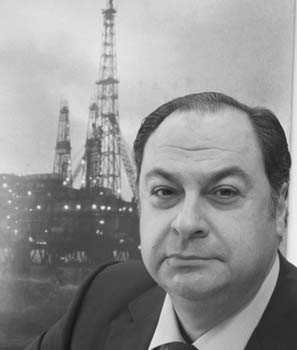Making the most of our energy wealth
written by Roudi Baroudi

Roudi E. Baroudi is an independent energy consultant and Secretary General of the World Energy Council – Lebanon Member Committee
Roudi Baroudi
Dr. Roudi Baroudi is the CEO of Energy & Environment Holding, bringing 40 years of expertise in oil and gas, petrochemicals, power, energy reform, and environmental issues. He has led project development with major institutions like the World Bank, IMF, and the European Commission, and has contributed to energy and environment policy formulation in the Euro-Mediterranean, North Africa, and Middle East regions. Baroudi was instrumental in the Euro-Med Energy Free Trade Zone and serves as an advisor to the European Commission and UNECE. His insights are widely sought by governments, companies, and media outlets globally.
